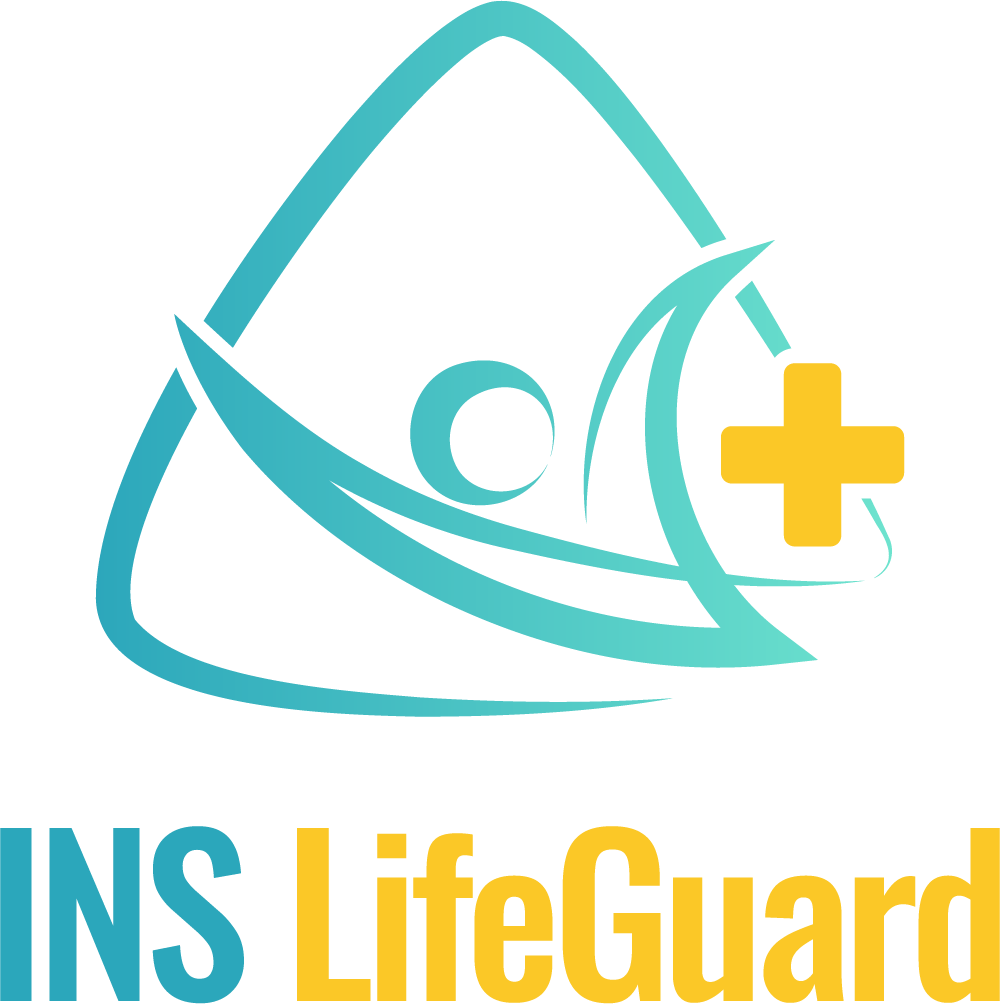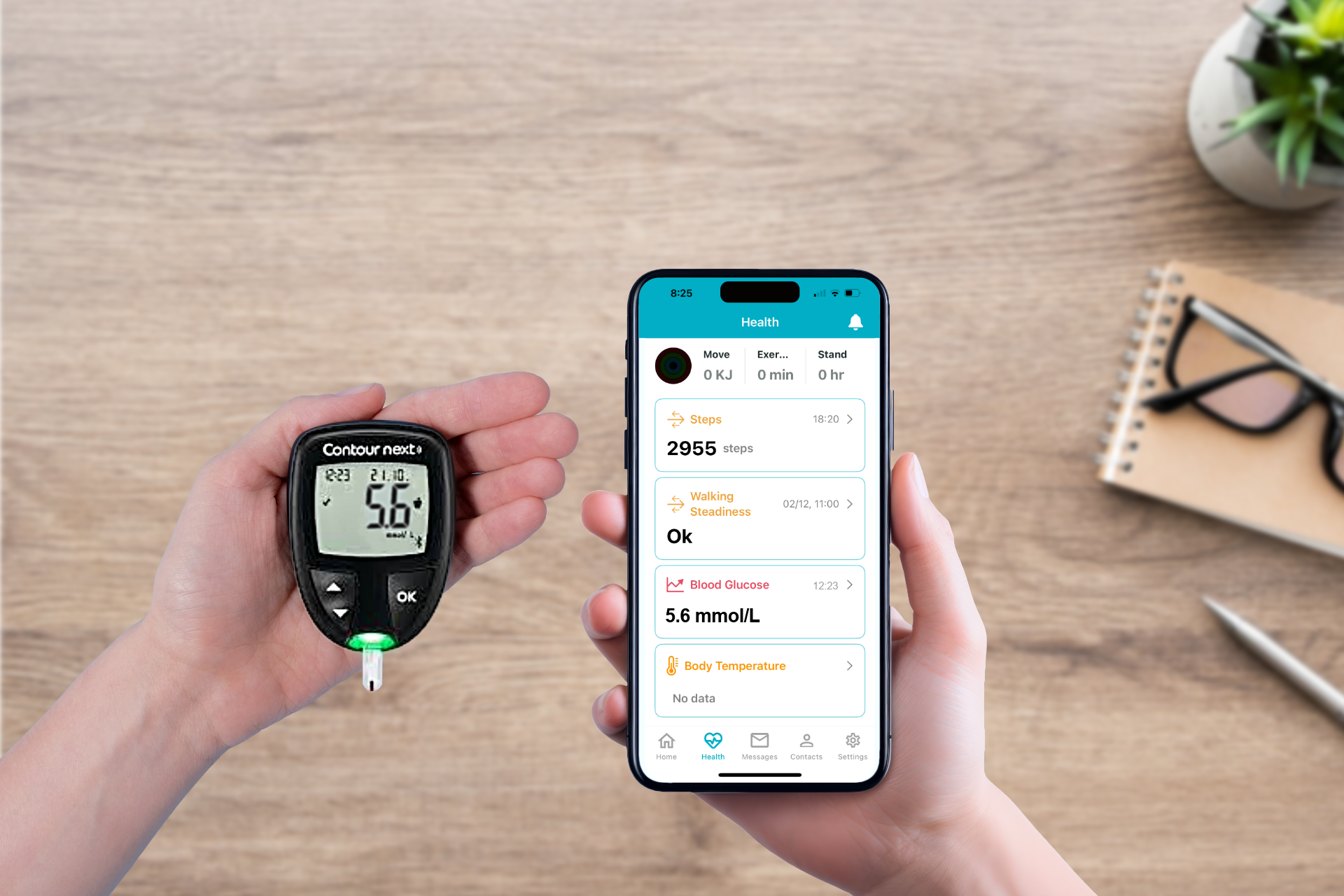Have a Question?
Stage 5 Kidney Disease: Symptoms, Causes, Diagnosis & Treatments

Are you constantly anxious about the progression of your Stage 5 CKD? Or do you ever feel like you're drowning in uncertainty, longing for guidance on how to manage this condition and reclaim a sense of independence in your life? In this blog, we'll provide you with everything you need to know about Stage 5 Kidney Disease, from understanding its symptoms and causes to exploring the latest advancements in treatment options. Whether you're newly diagnosed or have been managing the condition for some time, this blog offers support, guidance, and hope every step of the way.
What is Stage 5 Kidney Disease?
Stage 5 Chronic Kidney Disease, also known as End-Stage Renal Disease or End-Stage Kidney Disease, represents the most severe phase among the 5 stages of kidney disease. It signifies a critical decline in kidney function, with a glomerular filtration rate (GFR) of less than 15 mL/min/1.73 m². At this stage, the kidneys are no longer able to effectively eliminate waste and extra fluids from the body, resulting in a buildup of toxins in the blood. Consequently, patients often need dialysis or a kidney transplant to survive for 5 to 10 years or more.
Symptoms
As your kidneys begin to fail at this stage, you may experience common symptoms that may include:
- Fatigue and weakness
- Swelling in arms, hands, legs, or feet
- Dry and itchy skin
- Producing little or no urine
- Headaches
- Lower back pain
- Muscle cramps
- Nauseous or vomiting
- Decreased appetite
- Trouble sleeping
- Shortness of breath
- Skin discolouration
Causes
Several factors can contribute to the development of Stage 5 Chronic Kidney Disease:
Diabetes
Diabetes is the leading cause of kidney failure. Over time, high blood sugar levels can damage the blood vessels in the kidneys, which ultimately leads to kidney failure.
High Blood Pressure
High blood pressure can damage the small blood vessels in the kidneys, which reduces their ability to filter waste and fluids from the blood.
Glomerulonephritis
Glomerulonephritis is characterised by inflammation of the glomeruli, the small filtering units in the kidneys. This inflammation can cause the leakage of blood and protein into the urine, which if not treated promptly, may progress to chronic kidney disease.
Polycystic Kidney Disease (PKD)
Polycystic kidney disease is a genetic disorder characterised by the growth of numerous cysts in the kidneys, which gradually replace healthy kidney tissues. Over time, this damage can cause a severe decline in kidney function, leading to end-stage renal disease.
Autoimmune Diseases
Conditions like lupus and other autoimmune diseases can cause inflammation in the kidneys, which can worsen kidney damage and ultimately lead to kidney failure.
Genetic Factors
Some individuals have a family history of kidney failure or are born with genetic mutations that affect kidney function, making them prone to developing chronic kidney disease.
Obstructive Disorders
Conditions that obstruct the urinary tract, such as kidney stones, tumors, or an enlarged prostate gland, can lead to severe kidney damage over time if left untreated.
Certain Medications
Medications are often used to manage health conditions, yet certain ones, like nonsteroidal anti-inflammatory drugs (NSAIDs), antibiotics, and some prescription pain medications, when used over the long term, can worsen your kidney function and lead to kidney failure.
Other Chronic Conditions
Chronic conditions such as obesity, heart disease, and liver disease are all underlying conditions that can increase the progression of end stage kidney disease.
Diagnosis
To diagnose end-stage renal disease, your healthcare provider might ask about your personal and family medical backgrounds as well as let you undergo physical and neurological examinations such as:
eGFR Test
In Stage 5 Kidney Disease, the estimated glomerular filtration rate (eGFR) drops significantly below 15 for 3 months or more. This indicates that your kidneys have already reached kidney failure, where they can no longer filter waste and excess fluids from the blood.
Blood Test
Blood tests are conducted to assess the levels of waste products like creatinine and urea in your bloodstream. Ultimately, this test is done to evaluate kidney function and detect any abnormalities to prevent further complications associated with advanced kidney dysfunction.
Urine Test
A urine albumin-creatinine ratio (uACR) test is typically performed by a kidney doctor to know how much albumin is excreted in your urine within a 24-hour period. A urine albumin test result of 30 or higher could indicate declining renal function in Stage 5 CKD patients. In such cases, the test may be repeated once or twice to validate the findings.
Imaging Test
Imaging tests such as ultrasound scan, MRI scan, or CT scan are tests that can evaluate the structure and function of the kidneys. These diagnostic tools allow the kidney specialist to visualise any abnormalities, such as tumors, cysts, or blockages, that may be affecting kidney health. With detailed images of the kidneys, disease progression can accurately be tracked.
Kidney Biopsy
Kidney biopsy is performed to diagnose various kidney conditions that may be causing the progression of kidney failure. By obtaining a small tissue sample from the kidney, the kidney doctor can identify the specific disease at play and be able to tailor therapeutic interventions to manage the patient's renal health. Furthermore, kidney biopsy can also be performed if your kidney transplant is not working as expected.
Treatment
In most cases, dialysis and kidney transplant are the primary treatment options for Stage 5 CKD. However, depending on what aligns with your needs, here are other treatments to explore.
Dialysis Treatment
Dialysis is a medical process that replicates kidney functions by removing toxins and maintaining fluid balance. Here are two main types of dialysis:
Hemodialysis
Hemodialysis is a treatment that is done to filter blood and waste products when the kidneys can no longer function effectively. During hemodialysis sessions, a dialysis machine is used to extract a small portion of the patient's blood through an artificial kidney. This device filters out toxins that the kidneys can no longer remove, after which the filtered blood is returned to the patient's body. This process maintains electrolyte and fluid balance for individuals experiencing severe kidney dysfunction or kidney failure.
Peritoneal Dialysis (PD)
Peritoneal dialysis (PD) is a type of dialysis that uses the lining of your abdomen to filter waste from your blood. Unlike hemodialysis, which filters blood externally, peritoneal dialysis cleanses the blood internally. During peritoneal dialysis, a cleansing fluid called dialysate is introduced into the abdomen through a catheter. The peritoneum, a membrane lining the abdomen, acts as a natural filter, removing waste and excess fluids from the blood into the dialysate. After dwell time, used dialysate and waste are drained and replaced with fresh fluid.
Kidney Transplant
A kidney transplant is the most preferred treatment for end-stage kidney disease, offering patients the opportunity for a better quality of life and greater independence. This involves surgically placing a healthy kidney from a living or deceased donor into the recipient's body, in order to restore kidney function and eliminate the need for dialysis. And unlike those on hemodialysis or PD, kidney transplant recipients have fewer dietary restrictions.
Medication
Conservative care focuses on improving your quality of life by managing symptoms without resorting to dialysis or a kidney transplant. Here are some medications that may be suitable for managing Stage 5 Kidney Disease:
- ACE inhibitors and ARBs to manage blood pressure
- Diabetes medications to keep blood sugar levels healthy
- Calcium and vitamin D supplements to keep bones strong
- Diuretics to reduce swelling and increase urination
- Phosphorus binders to prevent phosphorus absorption
- Erythropoiesis-stimulating agents (ESAs) or iron supplements for anemia
Kidney-friendly Diet
With Stage 5 CKD, diet becomes a crucial part of managing your condition because your kidneys can no longer remove waste and fluids from your body. To manage your Stage 5 CKD diet effectively, here are some key dietary adjustments to follow:
- Limit your sodium intake to less than 2,300 mg per day (about one teaspoon of salt).
- Adjust your protein, fluid, and potassium intake based on your specific health condition, dietary needs, and CKD treatment plan.
Exercise
Regardless of whether individuals with Stage 5 CKD are undergoing dialysis, exercise remains crucial for maintaining their overall health. Engaging in regular physical activity not only plays a vital role in managing concurrent health issues like high blood pressure and diabetes but it can provide significant benefits for both your body and mind. Patients should always seek guidance from their healthcare provider or a physical therapist to develop a personalised exercise regimen tailored to their specific condition but typically, low to moderate-intensity exercises are recommended.
Takeaway
Being diagnosed with Stage 5 Kidney Disease can be an extremely stressful and anxiety-inducing experience. In this stage, there is typically no cure available, and the damage to kidney function cannot be reversed. However, it's important to know that with the right management strategies, individuals with Stage 5 CKD can still lead fulfilling lives and maintain a sense of control over their health.
When considering options for personal safety, it's wise to invest in a personal alarm from an established company that can provide reliable support and assistance during emergencies. INS LifeGuard's personal alarms can offer added security and peace of mind for those managing Stage 5 Kidney Disease. As the only Australian company with an Emergency Response Centre staffed by highly qualified and experienced nurses 24/7, INS LifeGuard guarantees you have access to help whenever needed. Explore our website to know more about our products and services.
Learn More About Kidney Disease

About
INS LifeGuard is the only 24/7 nurse on-call personal and medical monitoring in Australia. We provide monitoring technology for both in the home and on the go and can also monitor other provider's equipment. Our services are suitable for anyone wanting support to stay independent such as the elderly, those with medical conditions and disabilities plus enhancing safety and security for lone workers.

















